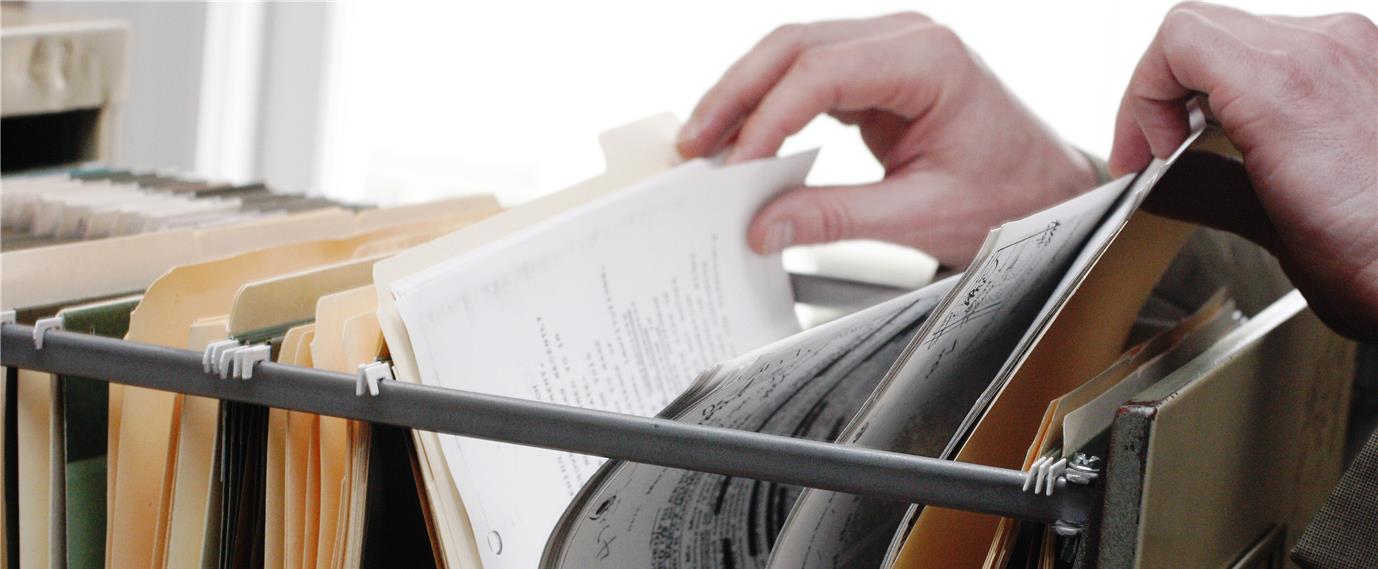على الرغم من أن معظم تجربتي كانت في الصحافة الاستقصائية الغربية لسنوات طويلة في الولايات المتحدة وخارج المنطقة العربية،فإني عاينت بنفسي في شتاء العام2012 ضراوة الخلاف وردود الأفعال وثمن ذلك من التهديدات وانعدام السند المهني في العالم العربي، وسط تدني مستوى الثقافة وتبني الجمهور لكثير من المعلومات المغلوطة أو أفكار البروباغندا والدعاية السوداء.
في أول شتاء بعد سقوط حسني مبارك في مصر، قمت ضمن عملي وإدارتي لوكالة "أنباء أميركاإن أرابيك"التي أسَّستُها في الولايات المتحدة عام 2006، بالكشف -في سلسلة طويلة من المقالات- عن قيام الحكومة الأميركية بتمويل عدد من النشطاء والسياسيين، بل وحتى الصحفيين والناشرين في العالم العربي وفي مصر على وجه الخصوص، وهو ما يخالف القانون الأميركي نفسه الذي يحظر تمويل السياسيين الأجانب -على الأقل- علانية.
وكان كثير من هؤلاء النشطاء والسياسيين قد قفزوا سنوات ضوئية في الشهرة العامة ويستعدون بعد شهور من اندلاع الثورات العربية بمساعدة أميركية لانتزاع وراثة الحكم في مصر.
إن هذه السلسلة من التحقيقات التي اعتمدت على وثائق حكومية أميركية عرَّت أمرا معتما وسريا في تاريخ هؤلاء السياسيين والنشطاء وتمويلهم، وبطبيعة الحال ولائهم السياسي الحقيقي، مماأدى إلى ردة فعل غاضبة للغاية منهم ومن أنصارهم.
شملتردة الفعل أطيافا من العداء كالسَّبِّ الشخصي والتشكيكفيالمصادر والتشويه وحتى التهديد، حتى إن إحدى القنوات المصرية الممولة من رجل أعمال ثري نشرت صورة لي وادعت جهلها بي، وزعمت المذيعة عدم قدرتها على التواصل معي لتوضيح الموضوعات. الطريف أن الصورة نفسها التي استخدمتها المذيعة كانت مأخوذة من صفحتي حينها في جامعة ستانفورد الأميركية بكاليفورنيا وبها بريدي ورقم هاتفي.
وعلى الرغم من أن سلسلة التحقيقات حينها قد حققت نجاحا منقطع النظير على المستوى الشعبي، فإن معظم من تم كشف تمويلهم كانت لهم ولهن أذرعإعلامية.
المدهش كذلك أن حملة التشويه اشترك فيها صحفيون ورؤساء تحرير صحف محلية، بعضهم كان وما زال أصلا يتلقى تمويلا أميركيا حكوميا مخالفا للقانون الأميركي ذاته.واستمرت الحملة على الرغم من أن كل الوثائق التي اعتمدتُعليها موجودة ومتاحة على موقعنا ولا تحتاج للتثبت منها غير أن ينفضأحد كسله ويمدّ يده إليها على الإنترنت وقراءتها بلغة إنجليزية متمكنة.
حينها أدركت عدة حقائق حول أوضاع الصحافة الاستقصائية في العالم العربي، منها: الفارق الشاسع بين الأوساط الصحفية العربية والأوساط الغربية وصعوبة تقديم هذاالنوع من المعلومات المخفية، وأن أجواء الإعلام العربي تحكمها الكثير من الصِّلات والمعارف ممن يميلون إلى جانب من يعرفونه بشكل شخصي لا إلى جانب الحقائق الثابتة.
ثانيا،أن قيمة المعلومة الاستقصائية باللغة العربية أقل بكثير من قيمة نفس المعلومة باللغة الإنجليزية، بمعنى أن نشر نفس المحتوى بالإنجليزية في منشور دولي يعطيها مصداقية أكثر من نشرها بالعربية. وربما يرجع ذلك إلى كثرة الإشاعات والأكاذيب وهيمنة الصحافة الصفراء الركيكة في الإعلامالعربي،بما يعني أن بعض الجمهور سيكون دائما أقل تصديقا للحقائق الخفية والمدفونة نتيجة جهله باللغة الإنجليزية وعدم تعوده على الصحافة الحقيقية.
ثالثا، الكثير من الصحف ووسائل الإعلام العربية ذات تمويل حكومي أو في أحسن الأحوال تمويل خاص متماهٍ مع التمويل الحكومي،مما يضع الكثير من الحسابات والحساسيات بين وسائل الإعلام والهيئات الحكومية التي يفترض أنها مجال البحث الأول للصحفي الاستقصائي نتيجة تأثير الحكومات على قطاعات واسعة من الشعوب.
فدور الصحفي الاستقصائي رقابي على من لديهم السلطة والقوة والمال، وذلك وفق أكثر التعريفات المتفق عليها بين محترفي العمل الصحفي في عدة دول.
ومن أدلة تهافت الصحافة الاستقصائية في العالم العربي بل ومن المفارقات المرحة،أن منظمة غير حكومية عربية تعمل للترويج للصحافة الاستقصائية في العالم العربي، تتلقى تمويلا حكوميا وشبه حكومي من الحكومات الغربية -أوروبية وأميركية- ولا تمويلمستقل لها، أي أنها هربت من نار التمويل الحكومي العربي إلى هجير التمويل الحكومي الغربي.
والأطرف من هذا وذاك أن هيئة إعلامية عربية كبرى يقود فريق التحقيقات فيها شخص من غير الناطقين بالعربية أصلا، وأن بعضا من وسائل الإعلام العربية الجيدة التمويل لا يوجد بها صحافة استقصائية أصلا.
أضف إلى كل هذا استغراق معظم القطع والتحقيقات الاستقصائيةوقتا طويلا للإنتاج لا تتحمَّل تكلفته الكثير من المنافذ الإعلامية، ويضيق به ذرعا الكثير من جيل المديرين الجدد ممن وفدوا على مجال الصحافة العربية دون أي خلفية صحفية، ولا يقدِّرون صلب العمل الصحفي الحقيقي فيفضلون مثلا الإنفاق على حملات ترويجية أو منتجات فاقعة الألوان بلا محتوى حقيقي ولا صلة لها بمهمَّة الصحفي في كشف الحقائق وصناعة الأخبار وتوفير المعلومات الموثقة للجمهور لاتخاذ قرارات سليمة.
كما أن الصحافة الاستقصائية والتحقيقات الثابرة تكسب الصحفي عداءاتٍبعضها مرير نتيجة إماطة الصحفي اللثام عن حقائق يتعب أصحابها في إخفائها، مما يجعل كلفتها الشخصية باهظة،خصوصا أن الصحفي العربي يمكن أن يحقق شهرة سريعة بمجهود أقل في أنواع أخرى من الصحافة السطحية، فلماذاإذا يخاطر؟
وعليه فإن الصحافة الاستقصائية هي أكثر أنواع الصحافة الأقل حظا في العالم العربي حاليا، ويواجهها مستقبل أكثر إعتاما إذا ما استمرت الأمور على ما هي عليه الآن.
وبهذا تصبح الصحافة العربية-في واقع الأمر- فيطور الحبو وتحتاج إلى الكثير من الوقت والعرق كي تنضح، هذا بفرض وجود نية من الأصل إلىاعتبارها فرعا أصيلا إن لم تكن هي أصل فكرة الصحافة الرقابية في أجواء الصراعات العربية الحالية.
ولتلك الأسباب لاأملفي أن تأتي السنوات القادمة بالكثير من النتائج الملموسة في مجال الصحافة الاستقصائية التحقيقية في لغة الضاد.
ومع هذه الصورة القاتمة يبقى باب واحد مفتوح،ألا وهو الجمهور وتعطش فئة من الجمهور الواعي والمثقف للحقائق المخفية، وهو نفس باب فرص التمويل والدعم الشعبي المباشر مع وسائل التواصل الاجتماعي -استغناءعن الحكومات- التي ربما تفتح آفاقا غير مسبوقة في عملية دعم الصحافة الاستقصائية.








































